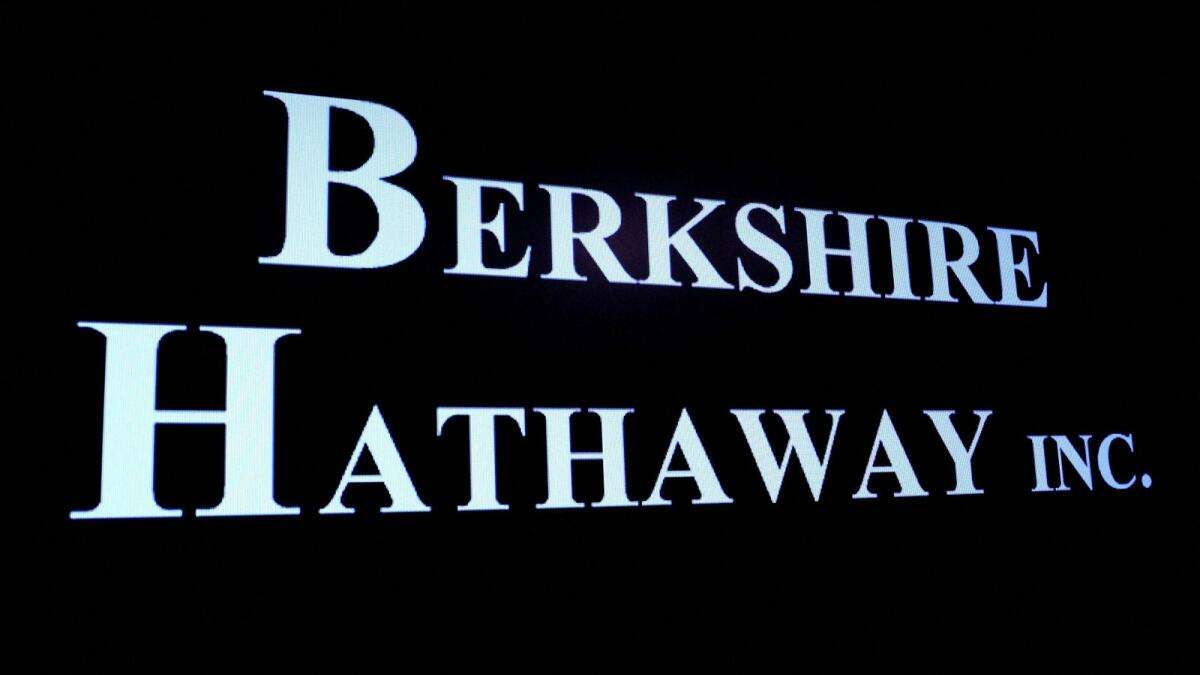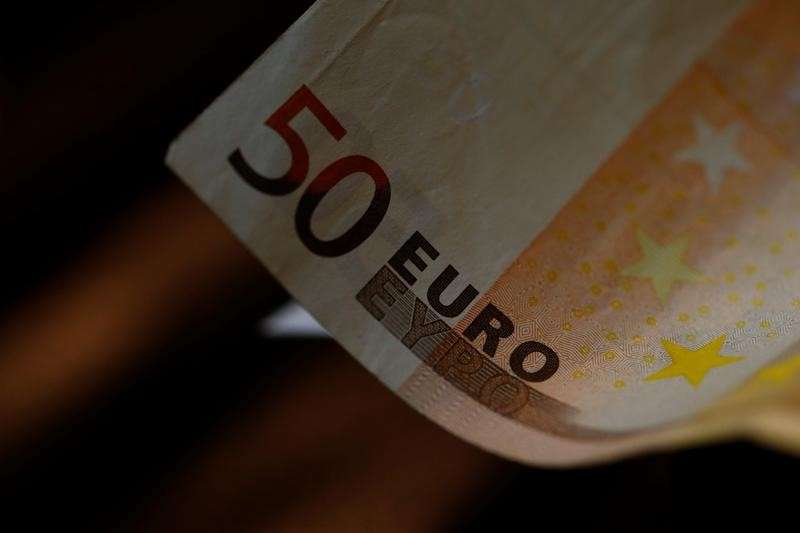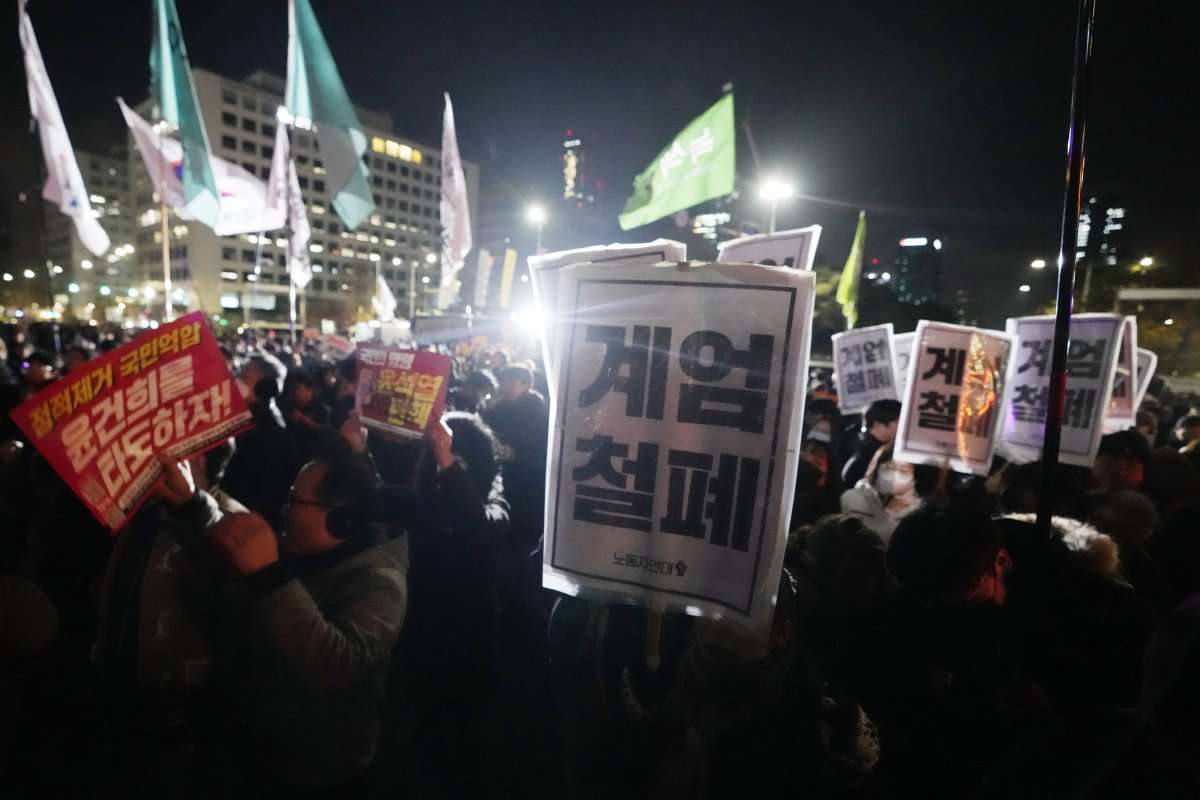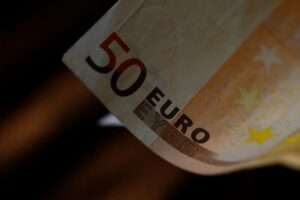Berkshire’s Cash Surges to Record $325 Billion Amid Apple Stake Reduction and Market Caution
Berkshire Hathaway has made headlines with its latest financial report, revealing a substantial increase in cash reserves, which have now soared to an impressive $325.2 billion. This significant buildup comes as the company, led by the renowned investor Warren Buffett, has adopted a more cautious stance, evidenced by its reduction of stakes in major holdings such as Apple.
A Shift in Investment Strategy
During the third quarter, Berkshire Hathaway executed a strategic retreat from the stock market, notably cutting its investment in Apple by 25%, selling approximately 100 million shares over the summer months. Despite this reduction, Apple remains Berkshire’s largest stock investment, valued at $69.9 billion. The company has now sold over 600 million shares of Apple in 2024 alone.
Buffett previously indicated that Apple would continue to be a cornerstone of Berkshire’s portfolio, yet the recent sales align with a broader “risk-off” strategy amid growing economic uncertainties. Buffett expressed concerns about the implications of the 21% federal tax rate on investment gains, which could influence future decisions regarding share sales.
Financial Performance Overview
Berkshire Hathaway’s recent quarterly report highlights a 6% decline in operating profit, primarily driven by increasing insurance underwriting liabilities. The company faced higher claims associated with Hurricane Helene and losses related to a strengthening U.S. dollar, which impacted profitability across various segments.
Highlights from Key Business Segments
- Geico: The auto insurance giant saw improved profitability, with accident claims and expenses on the decline. The underwriting profit at Geico nearly doubled, showcasing resilience amidst overall challenges.
- BNSF Railroad: This subsidiary reported a boost in profitability due to increased shipping volumes of consumer goods, indicating a strong demand in certain sectors.
- Berkshire Hathaway Energy: Operating expenses decreased, contributing positively to the overall financial health of the conglomerate.
Despite these positive signals, Berkshire also announced projected pre-tax losses of $1.3 billion to $1.5 billion for the fourth quarter related to Hurricane Milton, which impacted Florida in October.
Cash Hoarding and Market Outlook
Berkshire’s decision to refrain from repurchasing its own shares during this quarter is noteworthy. It marks the first instance of no stock buybacks since the second quarter of 2018, suggesting that Buffett does not perceive even his own company’s shares as undervalued at this time.
Cathy Seifert, an analyst at CFRA Research, commented on the implications of Berkshire’s cash accumulation, interpreting it as a potential warning sign. “Berkshire is a microcosm of the broader economy. Its hoarding cash suggests a ‘risk-off’ mindset,” Seifert noted. This caution may reflect the larger uncertainties facing the economy, prompting a more defensive approach from one of the world’s most respected investment firms.
Conclusion
Warren Buffett’s Berkshire Hathaway continues to navigate a complex economic landscape, marked by strategic adjustments and a focus on preserving cash reserves. As the company moves forward, investors will be keen to see how these decisions play out against the backdrop of evolving market conditions.














Post Comment